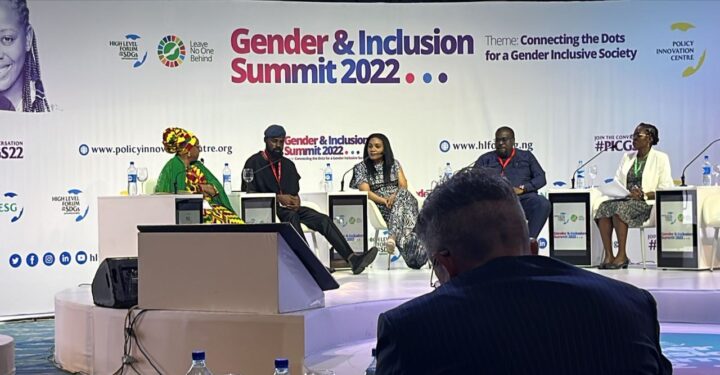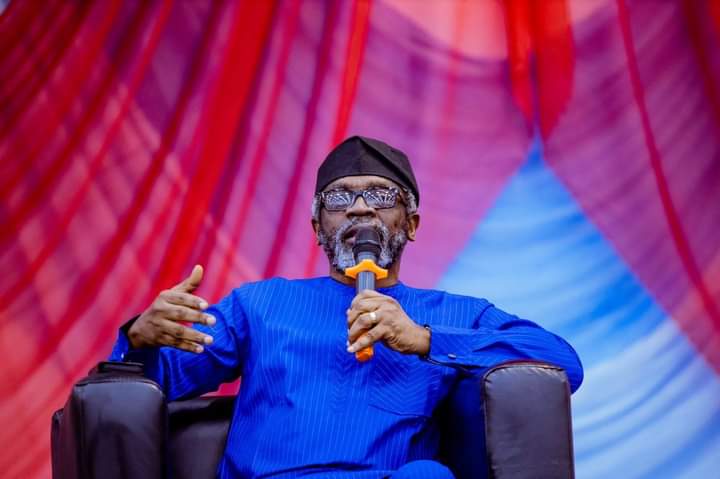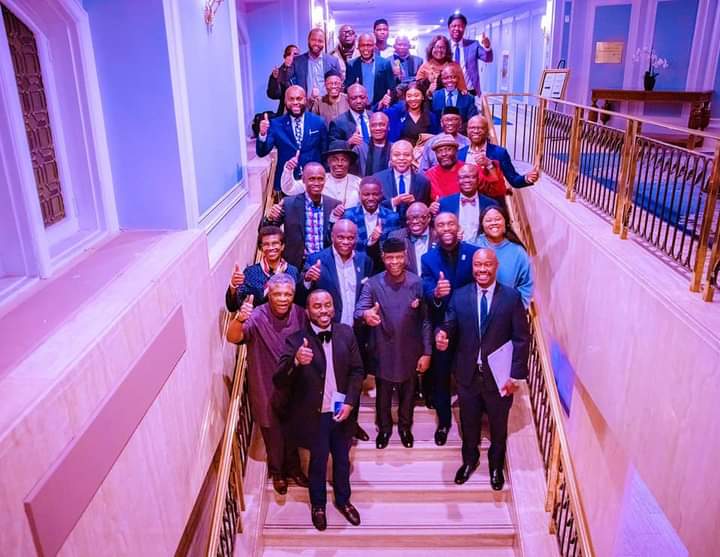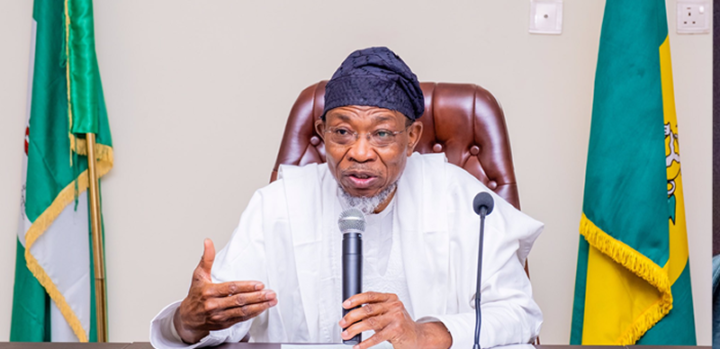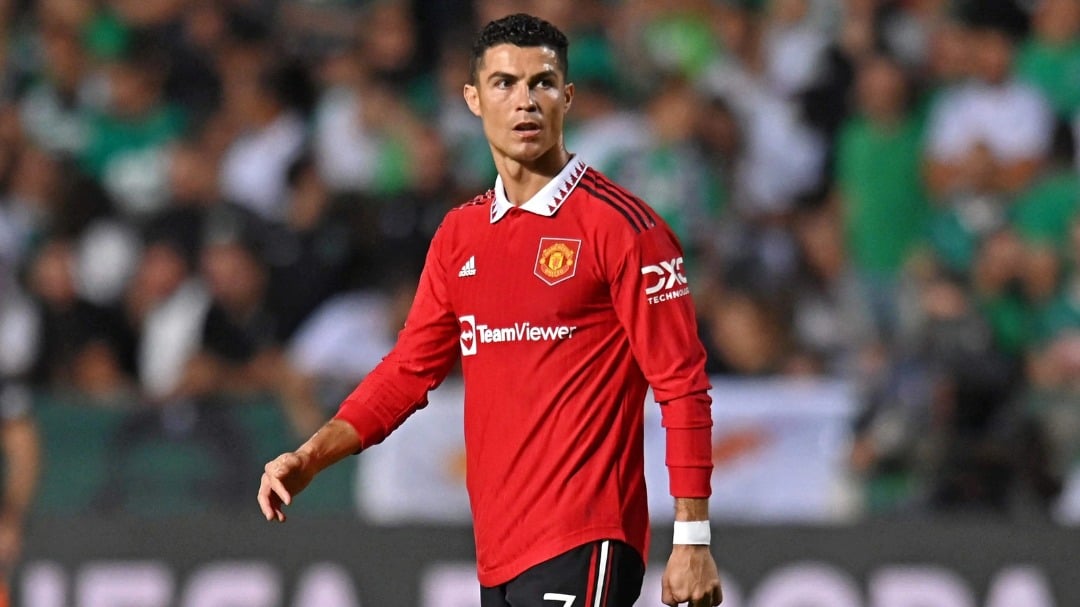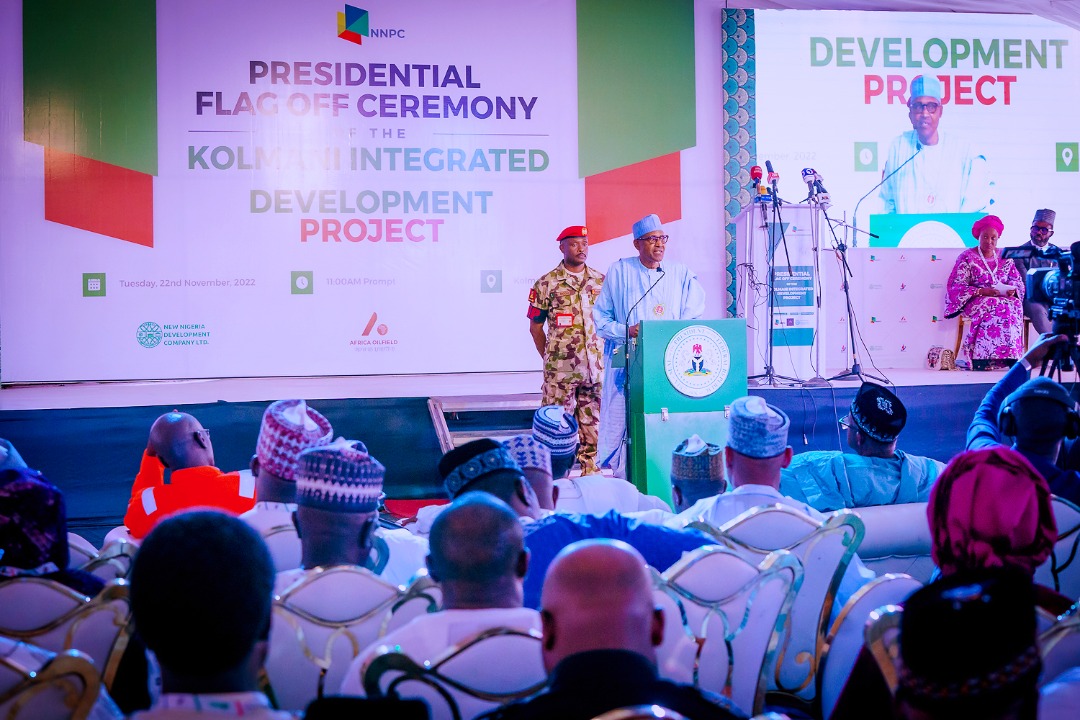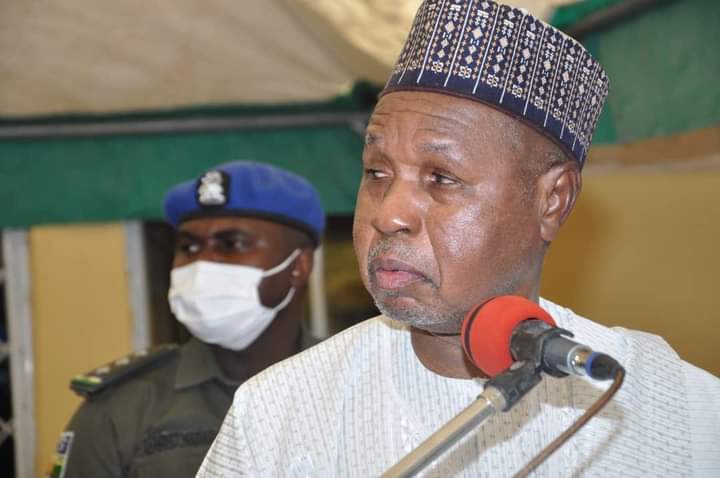Many things, often lived experiences, shape our perception of life and our decisions. In Nigeria, the biggest motivators appear to be faith and culture. They are often used as tools for justifying the violations of women’s rights, reflecting deep-seated patriarchal structures and harmful gender stereotypes. The reason is not far-fetched. Years of certain patterns have been entrenched in thought processes and of a truth, familiarity is comforting. But culture is not an unchanging concept that cannot accommodate current realities.
“A lot of these norms are deeply embedded in our social orientation and we’re born into them. The policies and the laws come later and it’s the level of exposure that we later get that enables us to see beyond our situation,” Maryam Uwais, special advisor, national social investment office at the presidency, said.
Uwais was one of the experts at the Gender and Inclusion summit organised by the National Economic Summit Group (NESG) and Policy Innovation Centre on November 16, which convened to rethink the faith and culture ecosystem around GBV in Nigeria.
“I am a Muslim, a very proud Muslim and I see a lot of sexual and gender-based violence in early marriages. I think it’s wrong,” she continued.
Advertisement
“As far as I’m concerned because there’s no faith that endorses injustice and that’s being unfair on the little girl that doesn’t know her left from her right.
“What we see is trying to engage and confront the misinterpretations that actually justify what goes on and it’s extremely important for us to show and demonstrate vividly to these people because they don’t hate their children. That malnutrition that you see that is so prevalent, actually, is a consequence of early marriage but they don’t see it.
“Because the little girl gets married and conceives too early, her body is not ready and the fetus grabs without asking for permission, and at the end of the day, both mother and the baby suffer from malnutrition. And you go around to where malnutrition is being addressed everywhere you find the majority of malnourished babies come from malnourished mothers
Advertisement
“The same thing with divorce; the girl is immature, the man is impatient. The same thing with street children. The girl leaves and marries someone else; the children get carted out to mallams; the same thing with maternal and infant mortality.
“I grew up in a community where we believed that some of these things were okay and endorsed by faith but as you grow and your intellectual capacity grows, you find they’re actually not true and that there’s no basis and even if there is a basis there are other schools of thoughts who have different views and you’re not compelled to believe in one view and so you can make an argument to that.”
“CULTURE IS FRUSTRATING OUR EFFORTS TO FIGHT GBV”
A national GBV dashboard that curates cases of violations against women exists and is functional. However, Bamidele Osibo, director of monitoring and evaluation at the Foundation for Resilient Empowerment and Development, says efforts are repeatedly frustrated by a community that believes compromise prevails over justice.
Advertisement
“We only have about 11,000 cases on the dashboard to date and that’s a very small and minute fraction of the women in Nigeria but it’s an improvement from the only 1,000 cases we had in 2021,” he said.
“Getting people to report cases to the dashboard has been really challenging. The way the dashboard is organised, we get data from CSOs. CSOs have access to the database. So, from the CSO level, a victim or a survivor comes and reports, and the data is transmitted from the state to the federal level.
“But now one of the challenges that we’ve had, out of the 11,000 that was reported, only 60% said they wanted access to justice. So there’s a huge trunk of 40% of people that have been violated that do not want justice. We tried to dig deeper and find out why this happened and discovered that cultural issues were at the forefront.
“We had cases where someone would report a case or even demand justice and within a week the case would be closed already because the community would come together and say ‘we need to close this case. It’s a family matter, we’ll take care of that.”
Advertisement
WE NEED TO GO BACK TO THE DRAWING BOARD
Modern problems require modern solutions, and age-long problems come with age-long solutions. This is what Uwais proposes.
Advertisement
“It’s a social orientation. It’s the way we’ve been raised trying to cover up and protect, thinking we can keep it down. But as you’ve said, every time there’s any harassment or violence, there’s always a mental relationship or aspect to it that we cannot play down and it erupts eventually,” she said.
“We need to build our women from the community level. Women are not meant to be seen or heard — that is the tradition — but unless we can inculcate or imbibe the confidence to be able to speak out to interrogate what is being said, that is important.
Advertisement
“I think part of the problem is that we do not have enough paralegals who will actually protect the women. A lot of what happens is in the communities, we need to have a concerted effort of creating people who understand what the issues are and who will continue to persist in ensuring these issues are brought to light.
“Many people understand the implications of using culture to cover up abuse. We’ve seen cases of girls forced to marry the people who raped them. We need to do a lot of work at the community level and that is where we need to improve.”
Advertisement
Nkiru Balonwu, the chairperson of African Women on Board, has a different approach. While efforts are taken to tackle the issues from the origin, she argues that the private sector needs to get more involved in the fight against culture as a GBV enhancer.
“When you think about COVID and what happened, you see the only reason we were able to move forward very quickly was actually because the private sector and public sector moved together at the same time. We would not have had the responses we had if the private sector was not fully involved and that’s because they understood what was at stake,” Balonwu said.
“If we don’t move on this gender issue, if you think it’s a women’s issue, in 10 years, Nigeria will not exist because terrorists would have overrun us. Why? Because you find 10-year-old girls and 15-year-old girls having four or five kids and malnourished.
“They’re going to be walking around the streets and they’re going to be recruited by terrorists and malfeasants and this is going to overrun us. So, if the private sector thinks that gender is a women’s issue, then we will obviously all be dead in 10 years.”
For Sybil Chidiac, senior programme officer, gender equality at the Bill and Melinda Gates Foundation, gender inclusion at communal levels is a key to unlocking sustainable development in Nigeria but will only spring benefits if it is genuine.
“We have an opportunity to rethink what gender and inclusion equality means, not just cushioning the effects of inequality but building better within existing structures, creating new ones, and investing in genuine equity for women, girls, and those marginalised,” she said.
“Investing in equity is the key to unlocking sustainable developments and creating systems that work for Nigeria. We must connect the dots.
“Too often, we are asked to bring gender into a strategy, plan, or policy after, let’s make sure gender and inclusion are at the forefront.”
